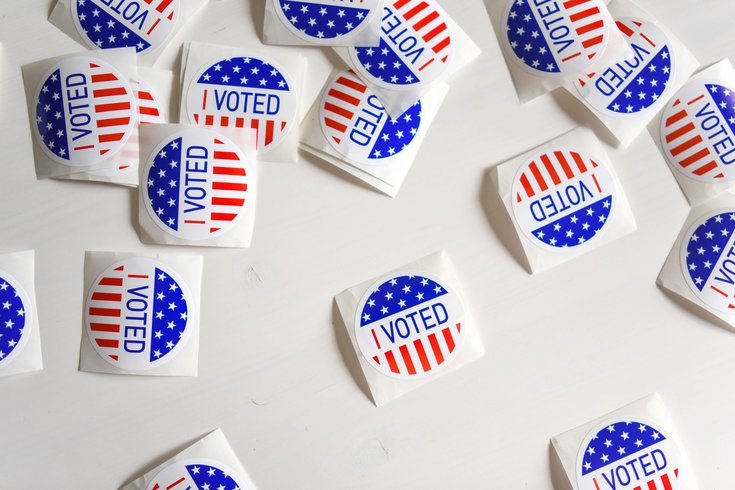
September 19, 2022
 Element5 Digital/Unsplash
Element5 Digital/Unsplash
The Philadelphia City Commissioners increased pay for poll workers in an effort to reduce shortages at the city's 1,703 precincts ahead of November's general election. The city needs 8,500 poll workers to staff its polling locations and the majority can earn around $200 for the day.
Polling place workers will see their pay increased by more than 70% for the November election as city officials amp up their effort to entice residents to sign up for the jobs in their communities.
The changes, which were approved by the Philadelphia City Commissioners on Sept. 15, represent the maximum amounts allowed by state law. Judges of election will see their pay increased from $120 to $205 for the day, while inspectors will see their pay increased from $115 to $200. Bilingual interpreters, who were previously paid $95 for the day, will be paid $180.
The city needs more than 8,500 poll workers to staff its 1,703 precincts on Nov. 8, with high turnout expected as voters determine who will represent constituents in Philadelphia, Harrisburg and Washington, D.C.The majority of poll workers in the United States are over 60 years old and many opted to retire at the beginning of the COVID-19 pandemic.
Commissioners Chair Lisa Deeley told KYW that nobody has really stepped in to replace them and hopes that the more than 70% increase in pay will incentivize people to sign up.
The City Commissioners also voted to increase the training stipend for prospective poll workers. While one-day training remains optional to work at the polls, those who do attend on-site trainings will receive an additional $50.
"Elections don't happen without the people," Deeley told the Inquirer. "Election Day in Philadelphia happens because of Philadelphians. Your neighbors, your co-workers, your family members take the time to go to the polls at 6:30 in the morning, make sure the lights are on, make sure the tables are set up, the chairs, there's paper towels in the ladies' room, and the machines are working."
The City Commissioners just voted unanimously to increase pay for poll workers. The base pay for working on an Election Board is now $200 + an additional $50 for attending training. Sign up to be a poll worker here: https://t.co/QmyGEbHRhX
— Commissioner Seth Bluestein (@SethBluestein) September 14, 2022
There are typically five poll workers at each polling location, each with a different responsibility. While judges of election, as well as majority and minority leaders, are elected in each division, people like machine inspectors, clerks and bilingual interpreters are appointed to work for the day.
Poll workers are responsible for setting up in the morning and ensuring that all of the machines work before any votes are cast. They also are responsible for ensuring that voters are informed on how to use the equipment. Workers typically arrive at 6:15 a.m. and remain at the polling location until their ballots are picked up. Bilingual interpreters are available at most polling places to bridge language gaps.
All eligible poll workers must be registered to vote in Philadelphia, with some exceptions for 17-year-old high school students. Government employees and elected officials are barred from participating, as are people who have been convicted of election-related crimes.
One way to become a poll worker is simply to seek out election workers in your community to see if there are any vacancies. If neighborhood recruitment is not enough to staff all of the polling locations in a given division, the City Commissioners step in to recruit additional workers.
Those who are interested in signing up can fill out an interest form through the Philadelphia City Commissioners' website. Filling out the form does not necessarily mean you will be chosen, and prospective poll workers should be on alert for a response if they're picked.
There are training seminars available on-site and online for prospective poll workers, according to the City Commissioners' Office. Training sessions have already started and run through Oct. 30. Make-up training days are available from Oct. 31 through Nov. 6.
Pennsylvania's general election will take place on Tuesday, Nov. 8. Polls will be open from 7 a.m. until 8 p.m. Those who still haven't registered to vote can do so online until Oct. 24. Mail-in or absentee ballots must be received by the county board of elections by Nov. 1.